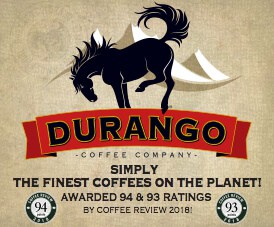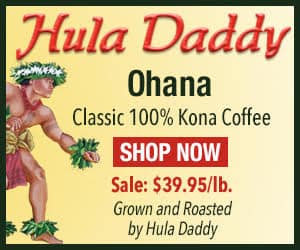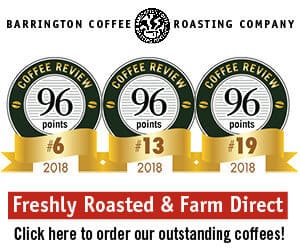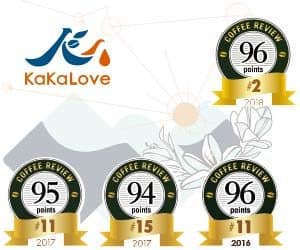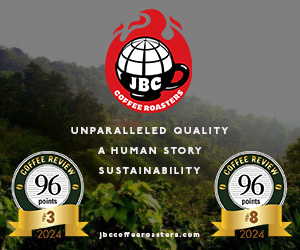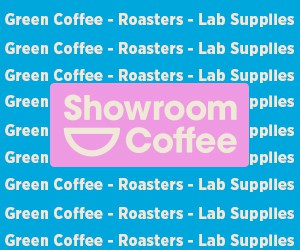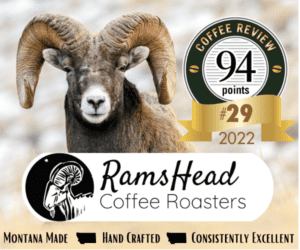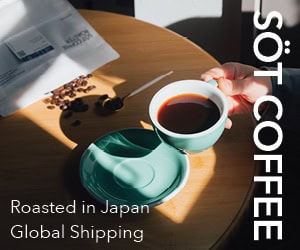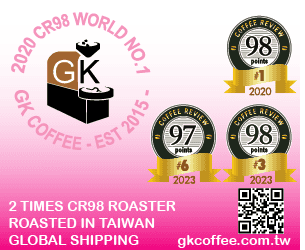Produced by smallholding farmers from trees of the Gayo 1, Gayo 2, Catimor and Abyssinia varieties of Arabica and processed by the traditional washed method, rather than the wet-hulled variation more typical in Sumatra. JBC Coffee Roasters’ vision is simple: “let the coffee lead the way” through sourcing and roasting the best and most unique coffees available and rewarding the farmers who grow
SEARCH RESULTS
Nano Genji #7
Produced by the Nano Genji cooperative in Ethiopia’s Jimma Zone. Ethiopia coffees like this one are produced largely from local, indigenous varieties of Arabica. Processed by the wet or washed method (fruit skin and pulp are removed before drying). Certified organic. JBC Coffee Roasters’ vision is simple: “let the coffee lead the way” through sourcing and roasting the best and most unique coffees
Tio Conejo Colombia
Produced by Angela Suarez of Finca Tío Conejo from trees of the Yellow Caturra variety of Arabica, and processed by the washed method (fruit skin and flesh are removed from the beans before they are dried). JBC Coffee Roasters’ vision is simple: “let the coffee lead the way” through sourcing and roasting the best and most unique coffees available and rewarding the farmers who grow those coffees
Cruz Loma
Produced by Galo Morales, Maria Alexandra Rivera and family at Finca Cruz Loma from trees of the Typica and Sidra varieties of Arabica, and processed by the anaerobic washed method, in which the fermentation step occurs in a hermetically sealed vessel before the beans are washed and dried. JBC Coffee Roasters’ vision is simple: “let the coffee lead the way” through sourcing and roasting the best
Chelchele Ethiopia
Yirgacheffe coffees like this one are largely produced from traditional Ethiopian landrace varieties of Arabica long grown in the region. This is a wet-processed or “washed” version (fruit skin and flesh are removed before drying). JBC Coffee Roasters’ vision is simple: “let the coffee lead the way” through sourcing and roasting the best and most unique coffees available and rewarding the farmers
Karatina Kenya
Produced by smallholding farmers, from trees of the SL28, SL34, Batian and Ruiru varieties of Arabica, and processed by the washed method (fruit skin and flesh are removed from the beans before they are dried). JBC Coffee Roasters’ vision is simple: “let the coffee lead the way” through sourcing and roasting the best and most unique coffees available and rewarding the farmers who grow those
Karamo Ethiopia
Produced by Niguse Gemeda Mude largely from varieties of Arabica indigenous to Ethiopia, and processed by the natural method (dried in the whole fruit). JBC Coffee Roasters’ vision is simple: “let the coffee lead the way” through sourcing and roasting the best and most unique coffees available and rewarding the farmers who grow those coffees with substantial premiums. Visit
Meridiano Ecuador
Produced by Mario Hervas of Finca Meridiano entirely of the Typica Mejorado variety of Arabica, and processed by the washed method. JBC Coffee Roasters’ vision is simple: “let the coffee lead the way” through sourcing and roasting the best and most unique coffees available and rewarding the farmers who grow those coffees with substantial premiums. Visit www.jbccoffeeroasters.com or call
Minanga Village Sulawesi
Toarco (TOraja ARabica COffee) is a coffee project in the famous Sulawesi coffee growing region of Toraja developed and financed by Japan’s Key Coffee Company and its Indonesian partners. Toarco coffees are processed by variants of the orthodox wet or washed method, giving them a brighter and cleaner profile than Sulawesi coffees processed by the locally traditional wet-hulling method. JBC Coffee
Birambo Village DR Congo
Certified organic and fair trade. Produced by members of the SOPACDI Cooperative, from the Blue Mountain, Bourbon, Caturra, Catuaí, and Kabare 2 varieties of Arabica, and processed by the washed method. Located overlooking Lake Kivu, on the opposite side of the lake from Rwanda, this rapidly growing cooperative now has nearly 6,000 members and is succeeding in its goal to help heal wounds left by
Kuta Kofi Papua New Guinea
Produced by smallholding farmers, from trees of the Typica, Bourbon and Arusha varieties of Arabica, and processed by the washed method. JBC Coffee Roasters’ vision is simple: “let the coffee lead the way” through sourcing and roasting the best and most unique coffees available and rewarding the farmers who grow those coffees with substantial premiums. Visit www.jbccoffeeroasters.com or call
Rock the House Blend
Certified Fair Trade and USDA Organic. A blend of coffees from Africa, South America and Central America. JBC Coffee Roasters’ vision is simple: “let the coffee lead the way” through sourcing and roasting the best and most unique coffees available and rewarding the farmers who grow those coffees with substantial premiums. Visit www.jbccoffeeroasters.com or call 608-256-5282 for more
Gigesa Ethiopia
Southern Ethiopia coffees like this one are largely produced from distinctive landrace Ethiopian varieties of Arabica long grown there. This is a natural-processed version (dried in the whole fruit). JBC Coffee Roasters’ vision is simple: “let the coffee lead the way” through sourcing and roasting the best and most unique coffees available and rewarding the farmers who grow those coffees with
Rayo del Sol Peru
Produced by Roxana Rangel from trees of the Yellow Caturra and Typica varieties of Arabica and processed by the traditional washed method (fruit skin and flesh are removed from the beans before they are dried). JBC Coffee Roasters’ vision is simple: “let the coffee lead the way” through sourcing and roasting the best and most unique coffees available and rewarding the farmers who grow those
Monte Alban Mexico
Produced by smallholding farmers from trees of the Bourbon and Typica varieties of Arabica and processed by the traditional washed method (fruit skin and flesh are removed from the beans before they are dried). JBC Coffee Roasters’ vision is simple: “let the coffee lead the way” through sourcing and roasting the best and most unique coffees available and rewarding the farmers who grow those
Flores Peru
Produced by 30 smallholding members of the Familia Flores collective from trees of the Bourbon and Caturra varieties of Arabica, and processed by the traditional washed method (fruit skin and flesh are removed from the beans before they are dried). Certified USDA Organic and fair trade. JBC Coffee Roasters’ vision is simple: “let the coffee lead the way” through sourcing and roasting the best and
Nyakibanda Rwanda
Produced by smallholding farmers near the Nyakibanda Washing Station entirely of the Red Bourbon variety of Arabica, and processed by a traditional variation on the washed method (fruit skin and flesh are removed from the beans before they are dried). JBC Coffee Roasters’ vision is simple: “let the coffee lead the way” through sourcing and roasting the best and most unique coffees available and
Kibingo Burundi
Produced by smallholding farmers entirely of the Red Bourbon variety of Arabica, and processed by the anaerobic washed method, with the addition of wine yeasts during the fermentation step. JBC Coffee Roasters’ vision is simple: “let the coffee lead the way” through sourcing and roasting the best and most unique coffees available and rewarding the farmers who grow those coffees with substantial
Barokah Honey Sumatra
Produced by members of Koerintji Barokah Bersama Cooperative from the Andung Sari and Sigarar Utang varieties of Arabica, and processed by the honey method, in which some of the fruit flesh is left on the coffee seed during the drying process. JBC Coffee Roasters’ vision is simple: “let the coffee lead the way” through sourcing and roasting the best and most unique coffees available and rewarding
Lugmapata Ecuador
Produced by Roberto Vasconez entirely of the Sidra variety of Arabica, and processed by the traditional washed method (fruit skin and flesh are removed from the beans before they are dried). JBC Coffee Roasters’ vision is simple: “let the coffee lead the way” through sourcing and roasting the best and most unique coffees available and rewarding the farmers who grow those coffees with substantial


